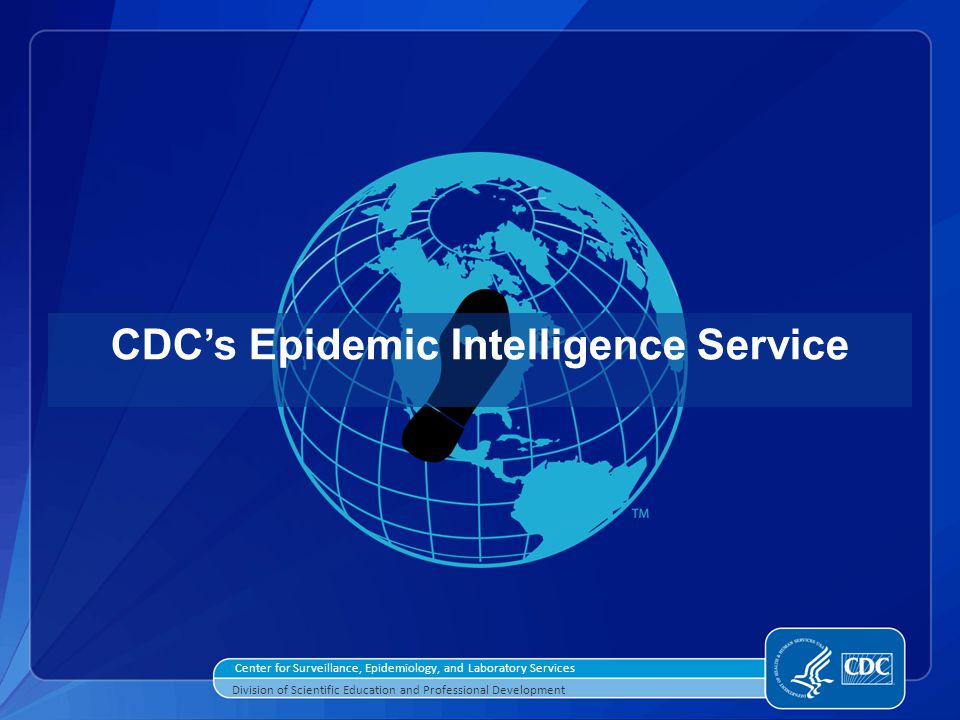In 1966, Avedis Donabedian proposed a conceptual model for examining health services and evaluating quality of care. The Donabedian model includes three pillars: structure, process, and outcomes. Structure represents the physical plant, equipment, and staff …
Continue readingTag: PSQH
Digitally Driven: Link Technology to Process Change
[DISPLAY_ULTIMATE_SOCIAL_ICONS] While many organizations recognize the need to become digitally driven to survive in a value-based contracted healthcare marketplace, many providers struggle with creating a provable strategy to achieve success. Measuring digital success via number …
Continue readingAI: Augmented Intelligence or Electric Sheep?
Visionary Elon Musk fears it. Astrophysicist Stephen Hawking worried about it. Microsoft’s Bill Gates embraces it. Science fiction writer Philip K. Dick wrote about androids having the capacity to dream because of it. At HIMSS 2019, everyone talked about it.
Continue readingWhen in Crisis Mode, Let Everyone Follow the Data
During normal times, managers often make decisions based on their knowledge and experience; analysis of data to varying degrees informs that decision-making process. Circumstances change at an easily manageable pace, errors in judgment can be corrected, and the impact of those poor choices is often insignificant. During a healthcare crisis, however, the cost of being wrong is exponential.
Continue readingFrom Snow to Achuff: Using Analytics to Drive Clinical Change
[DISPLAY_ULTIMATE_SOCIAL_ICONS] John Snow, the English physician who removed the handle from the Broad Street pump and halted the 1854 London cholera epidemic, is considered one of the founders of modern epidemiology. His work led to …
Continue readingBelieving is Seeing
[DISPLAY_ULTIMATE_SOCIAL_ICONS] Data collection and its use surrounds us. Our mobile phones trace where we live, work, buy our groceries, and visit friends. Today’s trip to some online shopping sites shows me ads for puppies (my …
Continue readingAnalytics: Act Like an EIS Officer
Analytics software presents a growing ever-present danger to organizations that do not understand how to best utilize the reports generated. Effective data governance requires that an overall objective for the analytics be set in advance of running reports.
Continue readingEMRs: Are We There Yet?
Despite the evolution and investment in EMRs over the past five decades, little evidence exists that all this digitization is making a difference in quality, safety, or cost.
Continue readingGerrymandering Pop Health
The word “gerrymander” comes from the pairing of Gerry’s name with the shape of one of the contorted districts north of Boston that resembled a salamander (see Figure 1). This gerrymandering of the Massachusetts Senate proved so successful that although the Federalist party won both the election for governor and a majority of the Massachusetts House, they failed to win the Senate, then controlled by the Democratic-Republicans.
The sophisticated analytics that allow for the gerrymandering of election districts also offer a model that can be applied in the delivery of population health services.
Continue readingClinical Trials, Genetic Testing, and Personalized Medicine
Rather than considering patient information, and in particular genetic testing results, as private property to be used for private good, perhaps it is time to think of our population’s medical information as private property, owned and controlled by the patient, to be used for public good.
Continue reading










